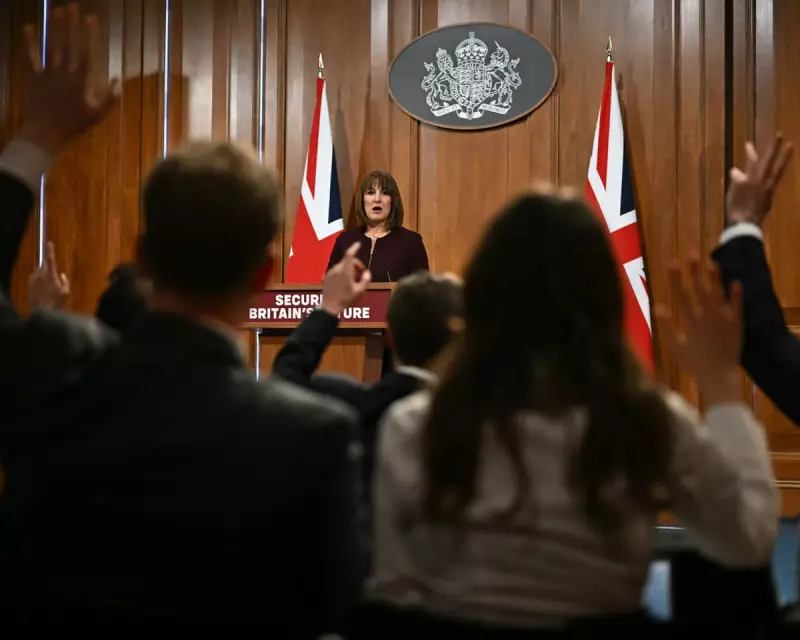
No 10's New Media Strategy: Bypassing the Press Gallery
The UK government is dramatically shifting its communication strategy, turning to social media influencers to reach voters directly on platforms like TikTok and Instagram. This move comes as more than half of Britons now get their news from social media, prompting ministers including Keir Starmer to appear on popular channels.
At a recent Downing Street press conference where Chancellor Rachel Reeves warned about forthcoming tax rises, two personal finance influencers were given prominent front-row seats, signalling this new approach's importance to government communications.
The Influencer Access Programme
The strategy is coordinated by Caitlin Roper, Starmer's director of digital communications, who oversees the New Media Unit (NMU) in the Cabinet Office. This unit employs approximately 20 people dedicated to building relationships with digital content creators.
Earlier this year, government departments identified top influencers in their policy areas and invited them to a 'creators' breakfast' at Downing Street. This was followed by a summer reception for about 80 influencers who collectively reach a quarter of a billion followers.
Among those granted access was Alexander Dragonetti, a former diplomat who gained fame on The Traitors. He conducted a gentle interview with Starmer after the Prime Minister's September meeting with Donald Trump, focusing on the nature of their relationship.
Mixed Reactions and Growing Pains
Traditional lobby journalists, who operate under a 150-year-old system guaranteeing access to government briefings, express scepticism about the value of influencer-led questioning. One journalist noted: 'Real reporters understand that what politicians refuse to tell us is often more revealing. So we ask uncomfortable questions.'
Meanwhile, the influencers themselves are experiencing challenges. Personal finance creator Cameron Smith reported mixed reactions from his audience, with some praising the forward-thinking approach while others perceive him as becoming a government mouthpiece.
Smith also highlighted that politicians need to adapt their communication style for social media creators: 'I've definitely tried to make clear that they shouldn't treat us like journalists... You're treated as if you're a journalist trying to catch them out.'
Labour MP Gordon McKee, who employs a digital content creator for his own social media output, emphasised the different nature of these platforms: 'You're competing with videos of cats, not whatever's on BBC Two.'
As the government plans to scale up this approach, with a spokesperson confirming it has become 'part and parcel' of government communications, the strategy represents a fundamental shift in how political messages reach the British public.





